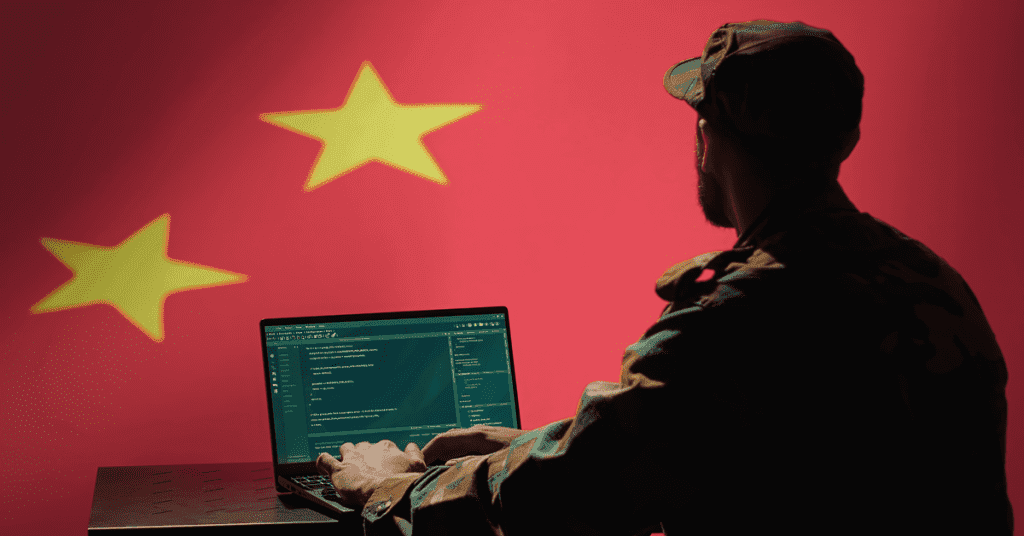Internet censorship has been a popular topic on every side. So many protests or rebellions occurred because of this censorship. That made a government fascist.
China made the most absurd effort to control the flow of internet information. The case of Shi Tao a thirty-seven-year-old Chinese business reporter arrested in November 2004 and sentenced in April 2005 to ten years in prison. Shi Tao’s crime was sending an email to a New York-based website; the email, which was eventually rounding around the internet, included the text of a government warning about the return of a handful of dissidents who had witnessed the Tiananmen massacres. Even Human Rights Watch gave statistics in a 2006 world report that at least sixty political prisoners are now in Chinese jails because they revealed information on the internet that the government wanted to be kept quiet. After a series of crackdowns during the summer of 2005, the government announced a new set of guidelines that ban unauthorized Internet discussions touching on ‘politics, economics, military affairs, foreign affairs, social and public.
This situation occurred after news and stories of a historical movement, “The Student Movement in 1989,” spread. From 1994 to 1999, focused on the regulation of network security, Internet service was reshaped. The first major policy was set out as “Regulations concerning the safety and protection of computer information systems.” They charged the Ministry of Public Security as the principal agency to regulate. The second major policy was the “Computer Information Network and Internet Security, protection and Management Regulations”, issued by the Ministry of Public Security in December 1997. The major event in this stage was the merging 1998 of the Ministry of Post and Telecommunications and the Ministry of Electronics Industry into the new Ministry of Information Institutes which was the primary regulatory agency of the information industry.
From 2000 to 2002 was the expansion and refinement of internet control for the China. In October 2000, MII announced regulations specifically targeting BBSs, stipulating that they must follow a licensing procedure. On November 7, 2000, the state council issued regulations about the provision of news services online. BBS posts containing such as “June fourth” or “Falun gong” may be blocked by MII. The CCP filter marks a move to restrict some contents by forcing a standard.
Censorship process “ The Great firewall of China ”
According to the 2005 technical analysis of Chinese internet filtering conducted by the Open Net initiative, IAP administrators have entered thousands of URLs and keywords into the internet routers that enable data to flow between ISPs in China and internet servers around the world.
China uses Internet filtering technology near international gateway points. When blocked content tries to enter the international Internet. China uses the filtering process and blocks the content before it goes to the request of the blocking system even though whatever ISP is used.
“China and the Internet book”
